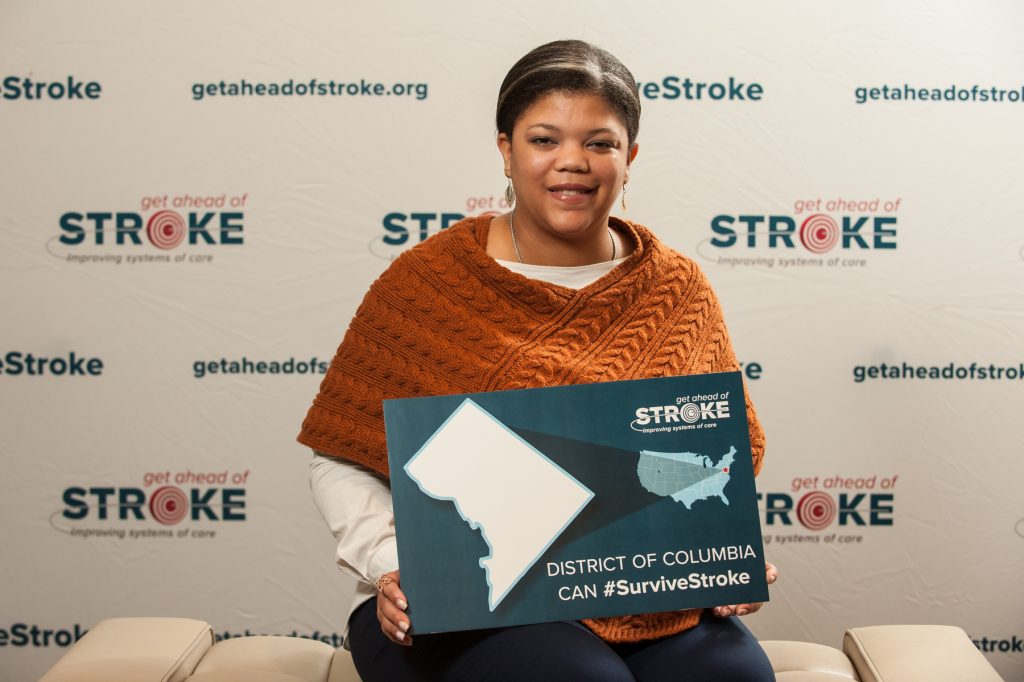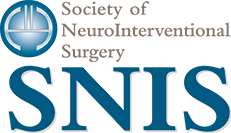If she had to have a stroke, Hope was fortunate enough to be in the right place at the right time. She knows others aren’t as lucky.
Hope arrived at work on Monday and decided to get breakfast from the cafeteria downstairs. Soon after, something felt wrong.
Suddenly her legs gave out underneath her. Coworkers quickly called an ambulance. Fortunately for Hope, she works at the National Institutes of Health, and her supervisor at the time was a neurologist specializing in stroke. She shared with the EMT what was happening to Hope, which saved valuable time — and Hope’s brain tissue.
Hope was airlifted to another facility, where she received life-saving neuroendovascular stroke surgery.
Today, Hope appreciates how her circumstances saved her life and her ability to recover fully. That’s why she is passionate about educating others about access to effective stroke treatment, and how time can mean the difference between life, death, and disability.
“Getting treatment fast is key,” Hope said. “I don’t think I would have had the type of recovery that I’ve been fortunate to have if people weren’t around me to identify the stroke. We have to get people to where they need to be to survive.”



